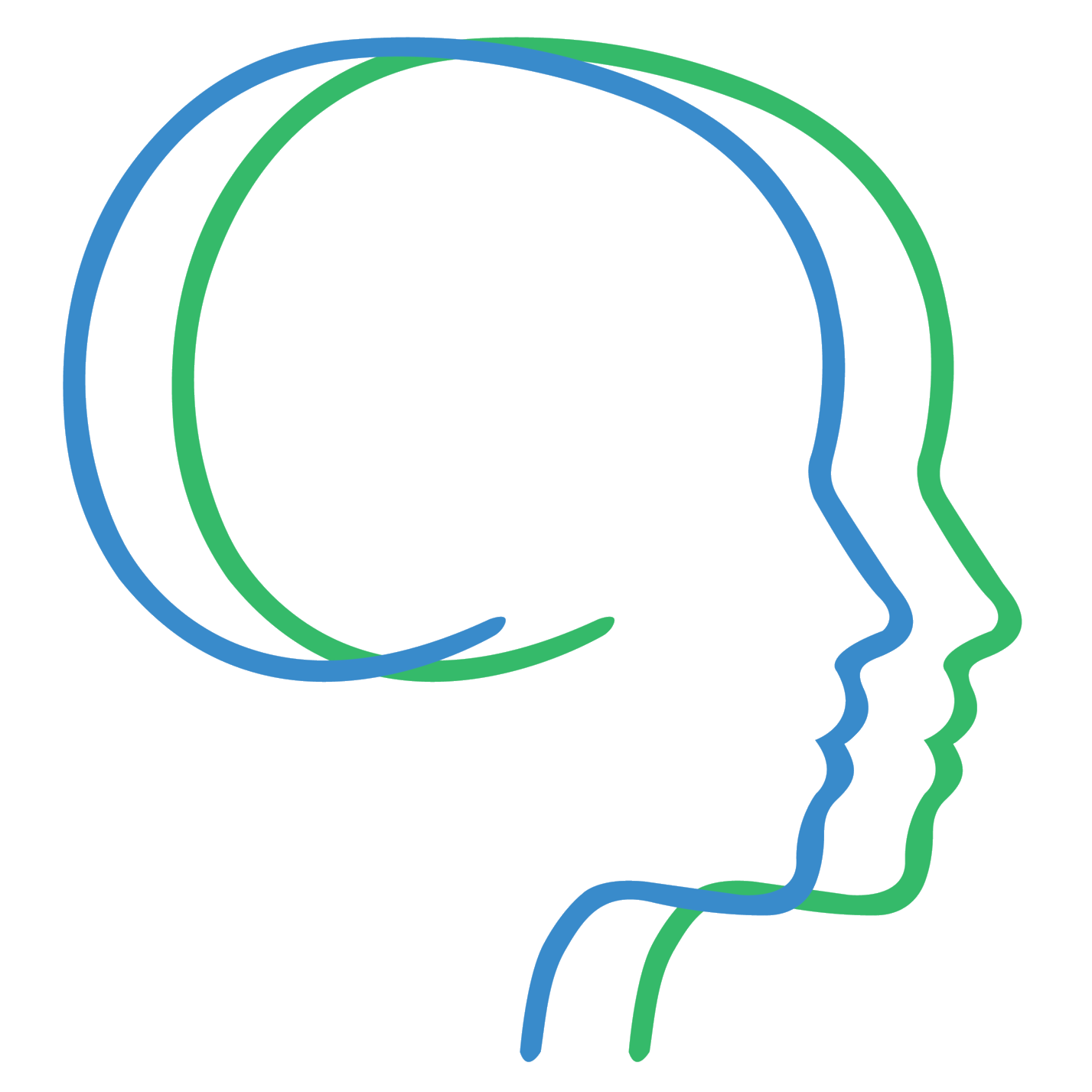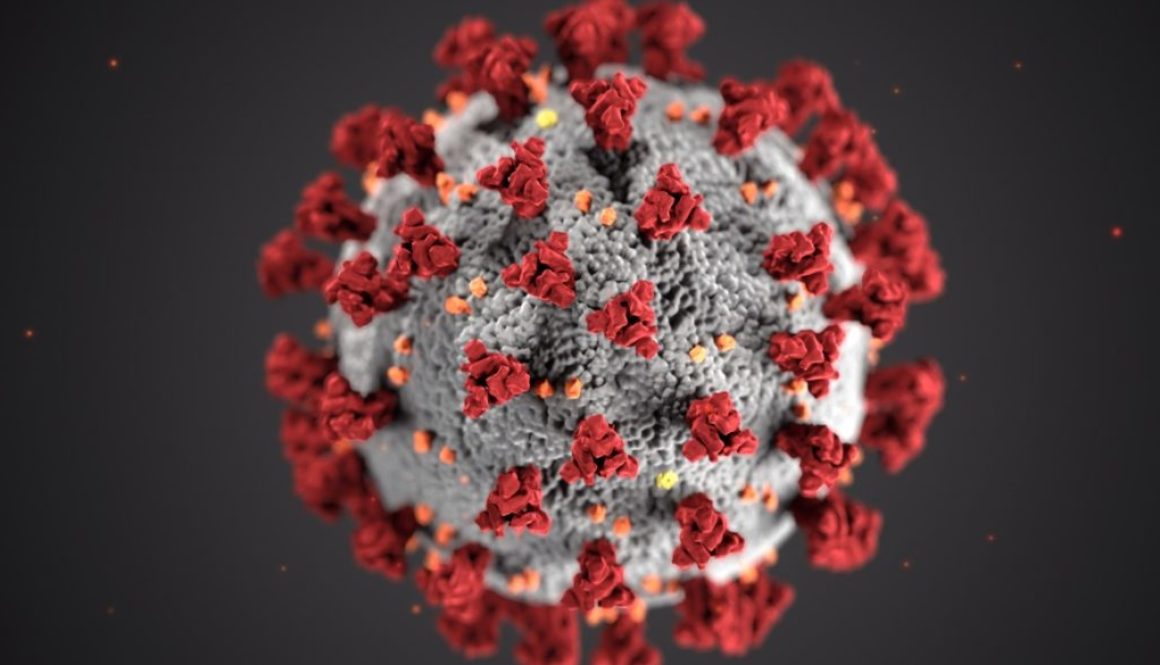Panic-demic: There are no vaccines for fear, so you can do this instead.
When a client and I develop a treatment plan for anxiety, I always start by having them memorize two sentences:
- “Fear of death doesn’t keep you from dying, it just keeps your from living.”
- “Anxiety is uncomfortable but not dangerous.”
I wish I could take credit for these sentences, but I heard them years ago from two different people. I also wish I could remember their names…
From a five-year-old TED talk given by Bill Gates, to articles written in the turn of the century warning about potential viral outbreaks from exotic foods, to a 3,400 year old health law telling people that bats should not be eaten (Leviticus 11:19), one thing is clear: we have not learned our lesson. The stuff we have only seen in movies is happening before our eyes, and when our lives become part of the script we sure have no idea how to act.
Do we play it cool and let the dust settle? Do we go along with the panic so useful for the media? Do we find a middle ground and oscillate between fear and hope? I don’t know what your coping strategy is, but whatever perspective you take, this crisis will sure reveal something about you that you wouldn’t otherwise know. This is what happens during difficult times.

Historically, when crises have hit America we’ve done a good job at coming together to find strength in unity. This one is a bit different; due to the nature of a viral pandemic, the last thing we want to do is come together. “Social distancing” is the new term that up until recently has made no sense to me. Of course we can still “come together” in other ways, and that has been good. Technology has helped a lot. We are praying more for one another, we are contacting each other more over the various social media platforms, and even churches are conducting services online. We are trying to live as normally as we can under these circumstances.
We can already begin to speculate on the direction society will take after the Covid-19 crisis. Hollywood will undoubtably join in on the action with movies about this time in our lives, and the medical industry is already shifting its attention to a gap that existis in the infectious disease department. I’m already looking forward to our collective learning. Maybe we’ll admit that person to person contact is actually important, and that being together for a concert or a church service is beneficial for our mental health.

When the world experiences a panic attack we may find ourselves gasping for air. Everywhere we turn we find more question marks than exclamation points. For a generation that has been spoiled by safe spaces, when those spaces are gone the real enemy starts to emerge. Unfortunately for many, that enemy is their very thoughts.
If we look at the numbers, we probably live in the safest time in human history. Although some disagree, we do live in good, predictable, spoiled times. Why, then, are anxiety disorders continuing to rise? The short answer is that anxiety has nothing to do with what’s happening outside ourselves and everything to do with what’s happening between our ears. Anxiety is more about how we interpret a situation than the situation itself. The anxiety about an event is, in the vast majority of cases, far worse than the event itself.
When I’m talking to a client who struggles with anxiety, we usually start by creating a short list of five aspects of their lives they have control over. We then create a list of five aspects of their lives they have no control over. Although the answers vary slightly, these are the most common answers:
Things that I have control over:
- My decisions
- My time (present)
- My beliefs
- My finances
- My habits
Things I have no control over:
- The decisions of others
- The past and the future
- My thoughts (you may have no control over the thoughts that come into your mind, but you have control over which ones to believe)
- The thoughts of others
- The weather (this includes natural disasters)

When the activity is done, I say something like this: “You can give yourself permission to worry about everything on the first list, but take a break from worrying about the other list…after all, you have no control over that stuff.” For the spiritually interested client, we can go a step further and say: “the no-control list belongs to God, let Him worry about that for you.” The interesting thing about this activity is that people quickly realize that the majority of things they have been fearful of are in the “no control” list. No wonder they have been spiraling down the anxiety pit for a long time. It takes time for people to escape their negative automatic thoughts (NATs), but when it happens they notice how much of life they’ve been missing.
Let’s end with another list. This one is more specific to our current Coronavirus crisis. If you’re wondering how to cope with this, think about the following:
- Stay away from excessive news watching (they’re just reminding you of things you have no control over) – five minutes a day is enough to know the latest.
- Read – challenge yourself to read a book in the next two weeks. You won’t regret it.
- Rest – go ahead, sleep more, it’s ok.
- Exercise – you might as well boost your immunity.
- Use all that toilet paper to teach your kids how the Egyptians buried their royalty.
Stay safe!

